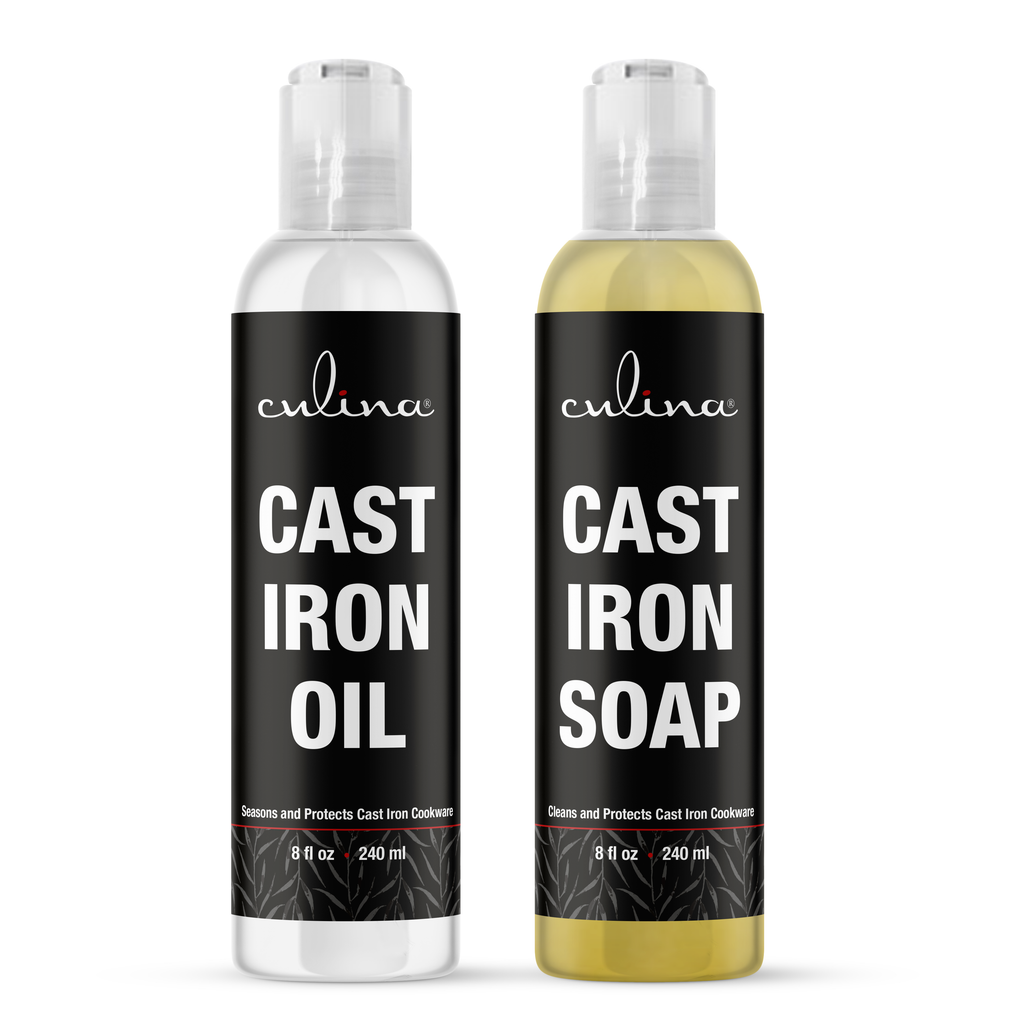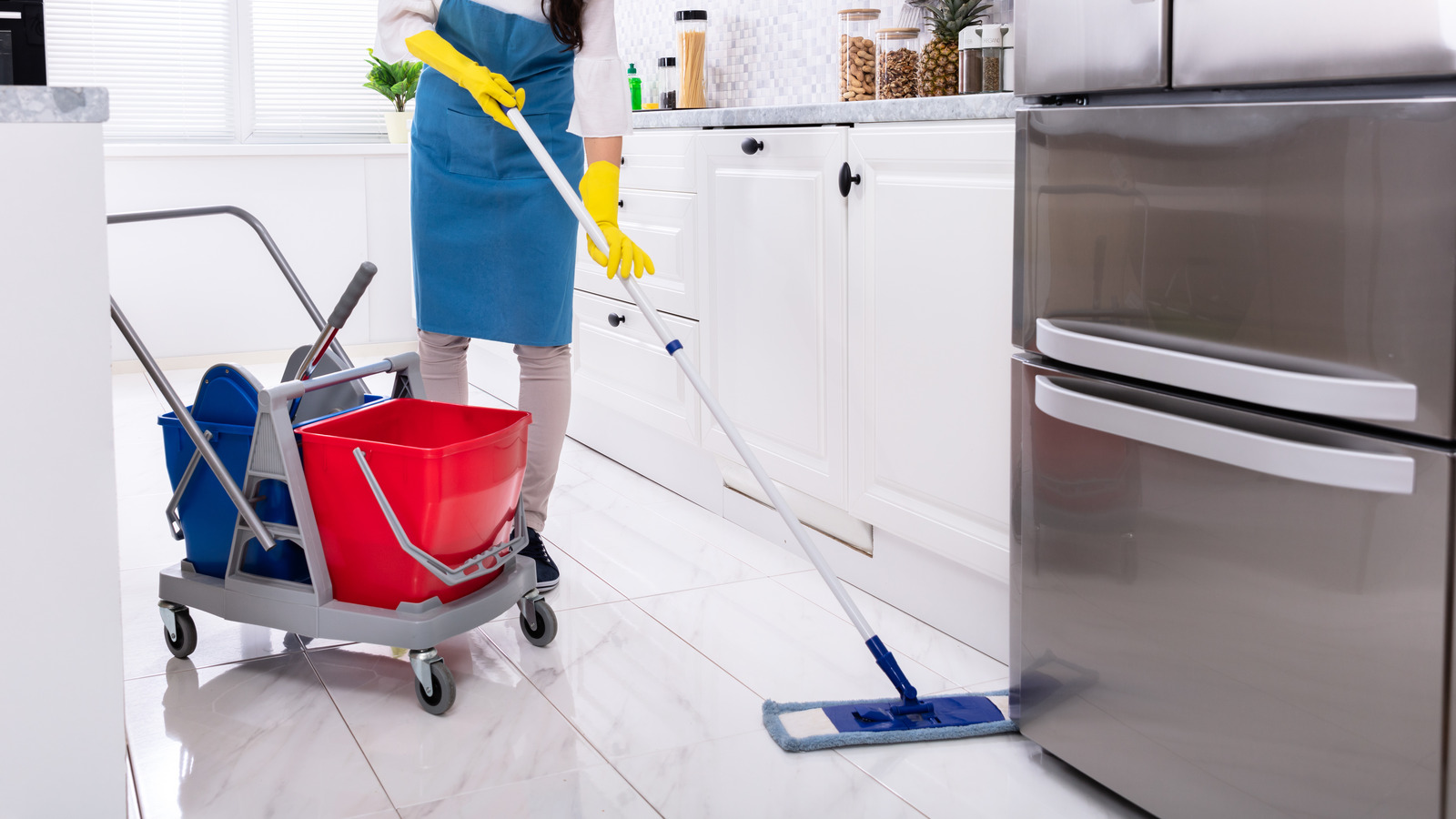How to Deep Clean a Restaurant Kitchen for Ultimate Freshness?
When it comes to maintaining a successful restaurant, understanding how to deep clean a restaurant kitchen is crucial. It goes beyond surface cleaning; it involves a thorough approach that ensures the highest hygiene standards while preparing the best dishes for your customers. A clean kitchen not only enhances food safety but also fosters a welcoming environment for both staff and guests.
In this guide, we'll walk through the steps to deep clean a restaurant kitchen effectively and efficiently. This process requires teamwork, vigilance, and the right tools. Lets delve into the essential methods and techniques that will help your restaurant kitchen shine.

Why Is Deep Cleaning Important?
Deep cleaning a restaurant kitchen is not just about aesthetics. Here are some key reasons why it should be prioritized:
- Food Safety: Proper cleaning helps eliminate harmful bacteria that can affect customers' health.
- Compliance: Many health inspections require that kitchens adhere to specific cleanliness standards.
- Equipment Longevity: Regular deep cleaning prolongs the life of kitchen appliances and surfaces.
- Employee Morale: A clean environment enhances productivity and job satisfaction among staff.

Preparation for Deep Cleaning
Before diving into the cleaning process, it's crucial to gather all the necessary supplies and prepare the workspace. Heres how to get started:
Gather Your Supplies
Ensure you have the following cleaning supplies on hand:
- Disinfectant and cleaning agents
- Scrub brushes and sponges
- Microfiber cloths
- Gloves and protective gear
- Vacuum cleaner or broom
- Mop and bucket
- Trash bags
Establish a Cleaning Schedule
Creating a regular deep cleaning schedule can make the process less daunting. Assign specific tasks to various staff members and set up a rotation to ensure all areas are cleaned regularly.

Step-by-Step Deep Cleaning Process
Now that you are prepared, let's walk through the specific steps to deep clean your restaurant kitchen.
1. Declutter the Area
Start by removing any items that do not belong in the kitchen. Place all non-kitchen equipment and items in their designated storage areas. Clean countertops, cutting boards, and other surfaces while empty.
2. Clean Kitchen Appliances
Each appliance in your kitchen requires special attention:
- For ovens, remove racks and use cleaning solutions that effectively remove grease and grime.
- Refrigerators should be emptied, cleaned, and sorted to eliminate expired products.
- Dishwashers can host bacteria if not properly cleaned; lift out racks and use a suitable cleaning agent.
3. Sanitize Surfaces
Make sure to sanitize all countertops, sinks, and tables using a solution of water and bleach or other disinfectants. This step is critical in ensuring that bacteria are appropriately eliminated.
4. Clean Floors and Grilling Areas
Floors can accumulate grime quickly. Sweep and mop the floors thoroughly, paying special attention to corners and under equipment where dirt tends to hide.

Specific Areas to Pay Attention To
Some specific zones in the kitchen deserve extra attention during your cleaning ritual:
Grease Traps and Filters
According to this article on cleaning a commercial kitchen, grease traps and hood filters are crucial to keeping your kitchen safe. They should be cleaned weekly or more often, depending on usage.
Sink Areas
Check out how to clean a white kitchen sink for tips on maintaining cleanliness around your sinks.
Finishing Touches
Your task is nearly complete. Ensure that all items are returned to their designated spaces clean and organized. Dispose of any waste properly and ensure the area is safe for cooking.
Frequently Asked Questions
How often should I deep clean my restaurant kitchen?
It's recommended to conduct a deep cleaning at least once a month, though high-traffic kitchens may require this more frequently.
Can I use regular household cleaners in a restaurant kitchen?
No, it is best to use commercial-grade cleaners that are specifically designed for food-service environments.
What is the best time to deep clean a restaurant kitchen?
Scheduling a deep clean during off-peak hours or when the restaurant is closed is ideal to avoid disruptions.
As an Amazon Associate, I earn from qualifying purchases.

